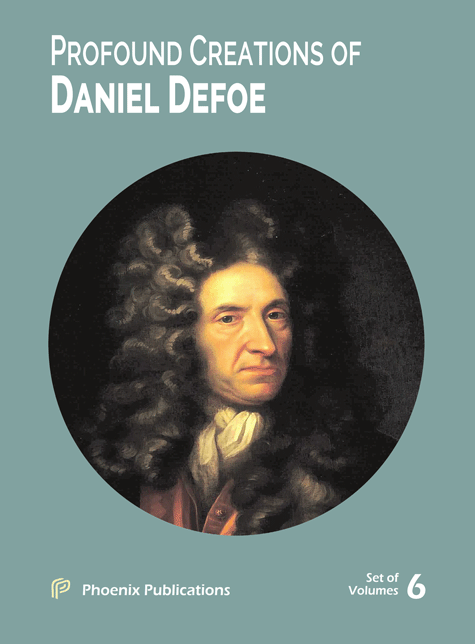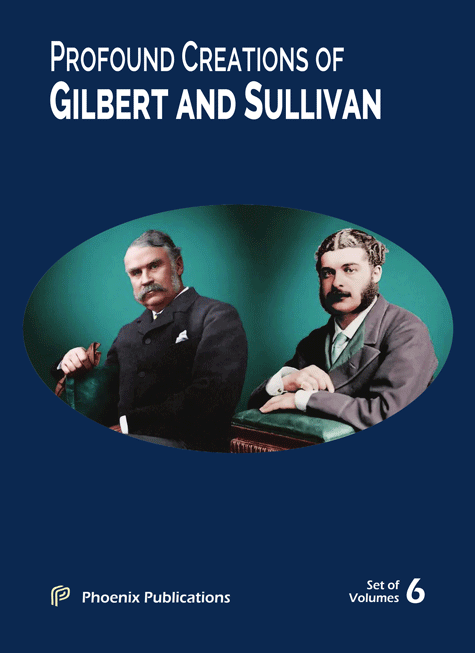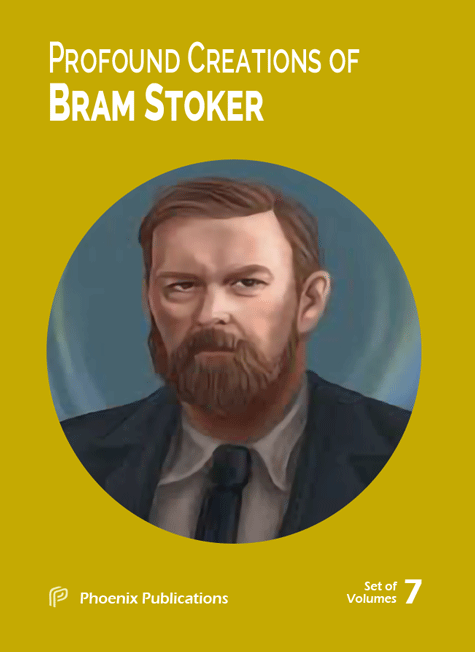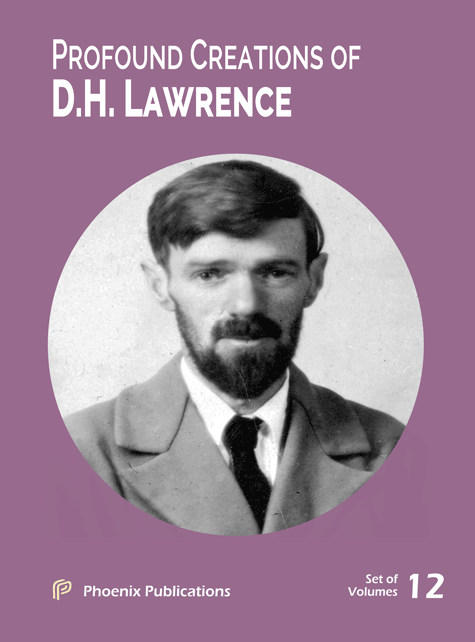Daniel Defoe (1660–1731) was an English writer, journalist, and novelist best known for his timeless work, “Robinson Crusoe” (1719). Born in London, Defoe is often considered one of the earliest novelists in English literature, making significant contributions to the development of the novel as a literary form. “Robinson Crusoe,” a tale of survival and adventure, narrates the experiences of a mariner stranded on a deserted island. The novel’s realistic and detailed narrative style was ground breaking and influential.
Defoe’s literary output was extensive, encompassing fiction, political pamphlets, and journalistic works. His other notable works include “Moll Flanders” (1722) and “A Journal of the Plague Year” (1722). Defoe’s writings reflected his engagement with the political and social issues of his time, making him a versatile and influential figure in 18th-century literature. His innovative narrative techniques and realistic storytelling have left an enduring impact on the development of the English novel.



